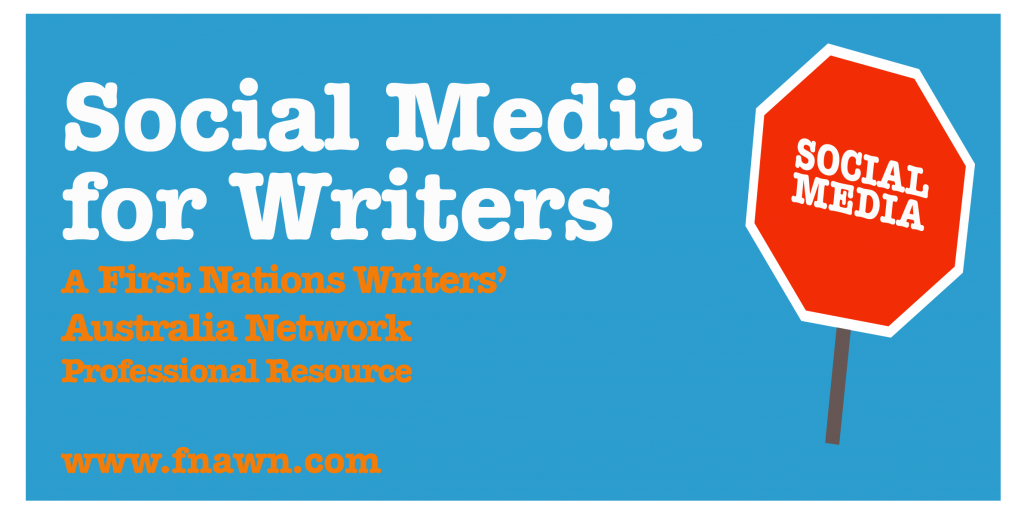Interview with Tony Birch and Michelle McLaren
Learn how to write about Indigenous stories, issues and landscapes in a culturally-sensitive way. Author and academic, Tony Birch is leading a day of workshops at Writers Victoria as a part of our two-day Indigenous Places Intensive program (SOLD OUT). Intern Michelle McLaren asked Tony about some of the issues surrounding writing about Indigenous culture.
Should non-Indigenous fiction writers avoid writing about Indigenous culture and characters? What protocols should they follow if they do write Indigenous characters?
I’m not the person to ask on this issue, as surprising as it may seem. I would never give advice to another writer on this issue, except to pass on how I approach such issues. I couldn’t say that I would avoid writing characters from other cultures, as I have done it. If I don’t feel that I can create a character with authenticity, a character plausible for the reader, I back away. There is though something particular at play here. First Nations people and communities have not only had history denied to us, OUR stories have been both destroyed and misappropriated. I like the comment of the German writer, Bernhard Schlink, that those who have their history denied to them, are entitled to the dignity of telling and controlling their own narrative.
How can non-Indigenous writers create more authentic Indigenous characters?
The same question can be asked of any writer, Indigenous or non-Indigenous. Authentic characters are drawn from the development of craft, not identity. Having said that, my experience is that the majority of non-Indigenous writers produce Indigenous characters who are “stock”, limited in so many ways. Experience is not everything, but it does help to create nuanced and more rounded characters
What changes need to be made to Australian literary culture to allow Indigenous writing to further flourish?
Indigenous writers are out there, but they need more support – financial, development, mentoring, publishing advice to get the work to a wider readership. And, naturally, we also need an education system that fully values both Indigenous cultural intellectual knowledge, and provides the resources – health, welfare, economic – to keep Indigenous kids in school, and on to higher education. University itself is not a pathway to writing, but it does provide a beneficial and enriching experience.
How can non-Indigenous people become more engaged with Indigenous issues? Where’s the best place to start?
There’s no starting place, and no end. Just read, watch, look and listen to everything you can
Can you recommend a few Indigenous authors everyone should be reading right now?
Ellen van Neerven, Kim Scott, Alexis Wright, Melissa Lucashenko, Jared Thomas, Bruce Pascoe – and many, many more.
About Tony Birch
Tony Birch is the author of ‘Ghost River’ (2015), ‘Shadowboxing’ (2006), ‘Father’s Day’ (2009) and ‘Blood’ (2011), which was shortlisted for the 2012 Miles Franklin award. His collection of stories, ‘The Promise’ was released by UQP in 2014. Tony also writes essays and reviews, and teaches at a community level. He recently joined Victoria University as a research fellow.
About Michelle McLaren
Michelle McLaren is a Program Intern at Writers Victoria. She works as a freelance copywriter and blogs about all things literary at Book to the Future.
This post was originally published in Writer’s Victoria. It is re-posted here with permission.

